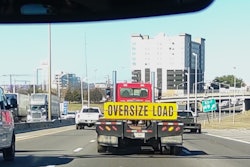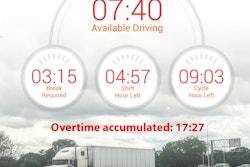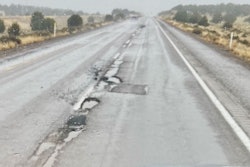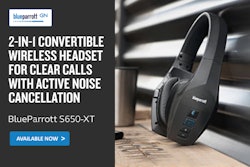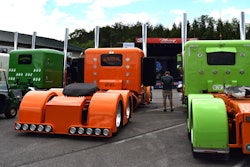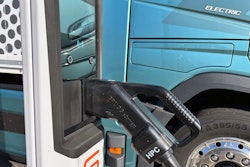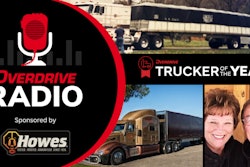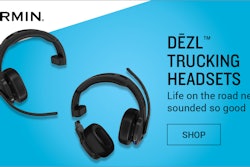From time to time Joel Baker truck driver -- that’s me -- has been asked by a customer or a broker if my insurance is from "XYZ Insurance" company. When I respond and say: “No, why do you ask?” I typically get back something like this: “Our company doesn’t, or can’t, do business with any trucking company who has their insurance from XYZ Insurance company.” Usually, what they are politely trying to tell me is that the customer or broker has had a previous bad experience with that company in the form of a denied claim. Most of the time, it’s a denied cargo claim. Sometimes they’ll also state something along the lines of “XYZ insurance company does not provide broad form cargo coverage.”
So what in the heck is “broad form” cargo coverage and why does it matter? The answer is simple, but the details can get us lost in the weeds. Hopefully to keep us out of those weeds I’m going to stick to the basics.
First of all, when anyone brings up “broad form” cargo coverage they are actually borrowing a term used most commonly with homeowner’s insurance policies. There are actually three forms of coverage: Basic, Broad, and Special. The verbiage used within a policy rarely actually uses these terms. Rather, the policy will detail coverage for what are known as perils (I’ll explain perils in the next paragraph.) What the policy states about the perils determines whether the policy provides Basic, Broad or Special form coverage. The terms Basic, Broad and Special are most frequently used between insurance companies, underwriters and agents so they can more easily discuss the policy coverages.
OK, what’s a peril? A peril is the cause of the loss. For example, the scenario in my last article: the loss of my cargo (glass panels) was due to my collision with the dock. So the peril for the loss of the cargo was collision.
Now lets look at sample lists. Important -- Each insurance company creates its own list of what is and is not a covered peril and what perils are exempted from coverage. Note "Special Form" in these examples covers all perils and specifically lists those that aren't covered, unlike the other forms.
As shown in the table above, it’s very easy to see why a customer or broker may not be able or willing to accept cargo coverage if the policy provided by an insurance company only provides coverage for a very limited number of perils.

